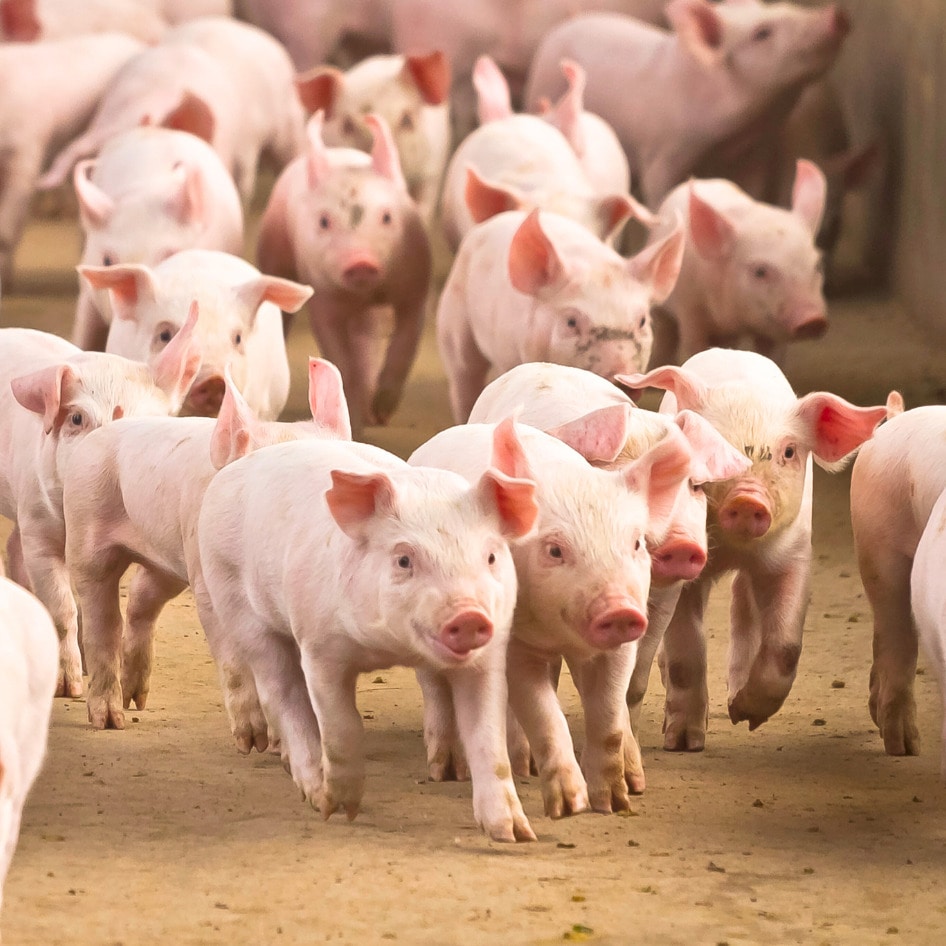Should You Join a CSA?
Check out our handy guide to see if becoming a community-supported agriculture member is right for you.
August 16, 2011
One of the best ways to enjoy the bounty of the growing season is through community-supported agriculture shares (CSAs). Members of the program get a share of each week’s harvest, meaning that their pantries are always chock-full of farm-fresh veggies. But with so many share options, it can be tough to determine the best system for you and your family to participate in. This simple guide will ease your CSA share confusion for seasons to come.
Know Your Grower
Aside from the obvious benefit of delivering fresh produce, CSA shares offer members an active way to discover where their food originates. Shareholders are often invited to farms, receive regular newsletters, and get to know the farmers growing the fruits and vegetables. The programs even benefit the environment, as they reduce the amount of fossil fuels used to transport and package the produce.
Up-front shareholder payment allows farmers to upgrade their equipment and pay expenses without borrowing capital through high-interest loans, thus maintaining successful businesses and, in turn, supporting the local economy. While all programs differ, most farms price CSA shares based on the number of people in a household or the size of the share, allowing members to choose an amount that fits their needs. The initial cost can be prohibitively expensive for some, as it is often a few hundred dollars or more, but many farms allow people to work on the farm in exchange for a discount or pay in installments. Farmers will also prorate the cost for members who join mid-season. The cost of a CSA share is almost always less than you would pay for the same amount of fresh food at a grocery store each week. However, be sure to check the farms’ policies, as many refuse to give refunds for missed weeks, but will often allow shares to be gifted to a neighbor for a week or two if the shareholder is on vacation.
How it Works
CSA share systems can vary as widely as the farms that offer them, although they typically work in three ways. The most common method is the pre-made box, usually for pick-up, although some farms deliver. Farmers evenly distribute the week’s harvest among shareholders and the boxes can include just about anything in season, from leafy kale and crisp cucumbers to juicy tomatoes and sweet peas. While shareholders may not receive their favorites each week, they are guaranteed variety, which creates an opportunity to try new veggies at their peak ripeness. The Washington State University Organic Farm uses this model of CSA, inviting shareholders to pick up a box once per week.
Some farms also allow shareholders to choose their own share. Usually, these farms charge based on the number of people participating in the share, and pickup is often at a local farmers’ markets. Choose-your-own shares benefit those who want direct input into what they receive each week. To ensure everyone gets a share of the good stuff, farmers will put limitations on how many of a certain type of vegetable customers can take each week if that veggie is in short supply. For example, Early Morning Farm in Genoa, NY provides shareholders with a canvas bag, and allows them to come to the local farmers’ market and fill up with any produce they have available.
A point system also works for many farms and their customers. Basically, shareholders purchase a set number of points, either by the week or by the season as a whole. The point value of products can fluctuate from week to week depending on supply, but the overall system works to ensure that shareholders can pick what they’d like. Point-system CSA programs often offer add-ons, like coffee, fresh flowers, and fruit, for an additional fee, turning a share into a one-stop-shop for all things local, fresh, and delicious. Eating with the Seasons farm in San Juan Bautista, Calif., uses a credit-system to distribute weekly shares to members of its CSA program. Shareholders sign up for an allotted number of credits per week and request items they’re interested in.
Farms provide shareholders with scores of fresh vegetables throughout the season. Shareholders also get the privilege of reconnecting with the origin of their food by getting to know their farmer each week. With all these benefits, it’s no wonder that shares sell-out all over the country each season. Those interested should talk to local farmers and find the right match while shares are still available.
JUMP TO ... Latest News | Recipes | Guides | Health | Subscribe







